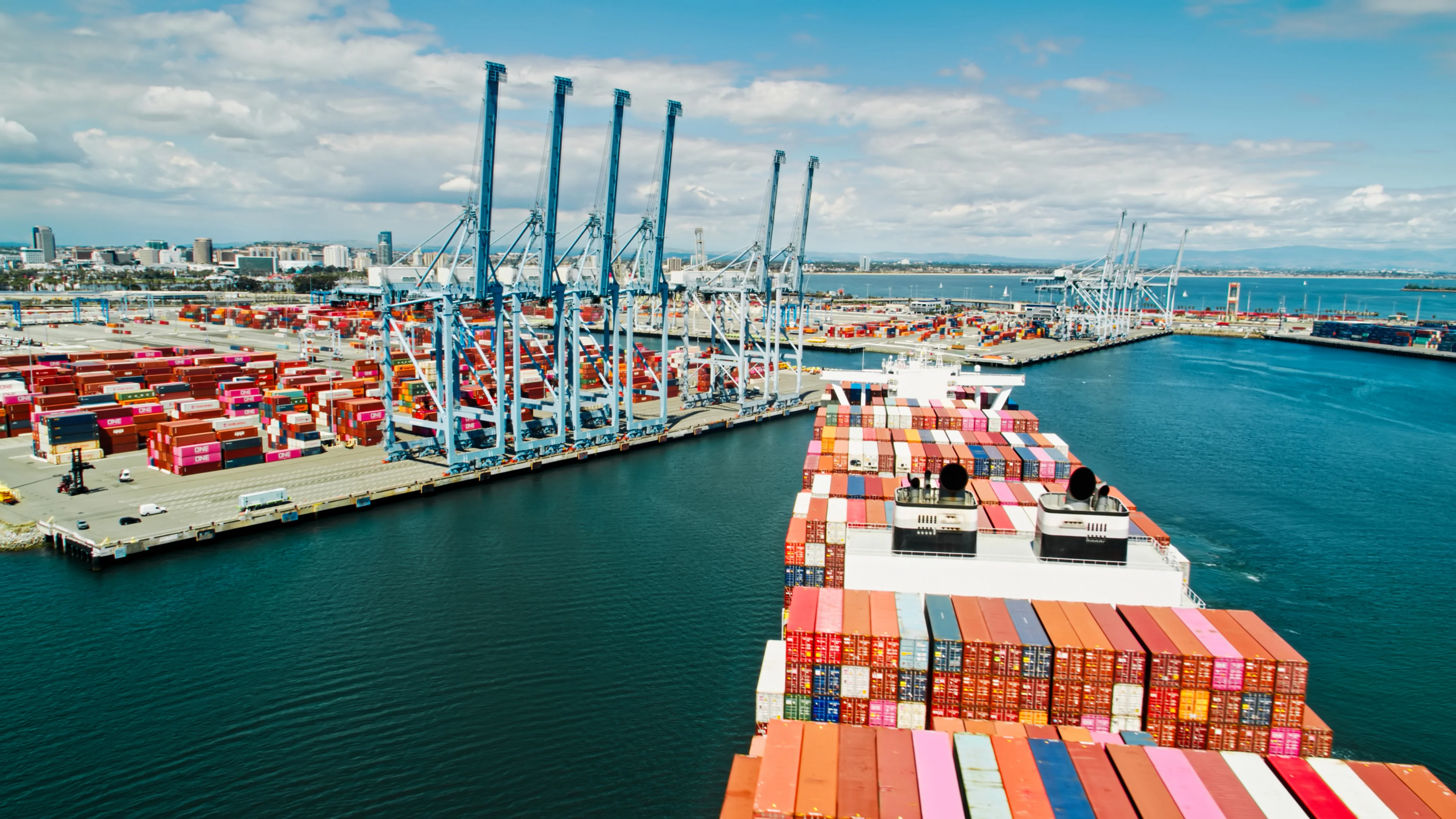
International Tax Planning: Withholding, Credits and Indirect Taxes
Careful international tax planning can help you set up your international business in a manner that minimizes worldwide taxes and maximizes cash flow. Among the issues the international tax accountants at Doeren Mayhew explore are tax withholding, tax credits and indirect taxes.
Income Tax Withholding and Credits
It’s critical to understand a foreign country’s income tax laws, regulations and procedures, and particularly important to consider withholding taxes. If your company doesn’t have a physical presence in a country, that country may impose significant withholding taxes on gross income. Many countries have treaties with the United States that provide for low or no withholding taxes on cross-border payments, but there may be exceptions. For example, some countries may not extend international treaty rights to certain types of entities, such as limited liability companies (LLCs). The availability of foreign tax credits is crucial to avoiding taxation of income by both the foreign country and the United States. Withholding taxes paid to another country generally entitle your company to a dollar-for-dollar direct credit against U.S. tax liability. But if you operate through a foreign subsidiary, it’s a bit more complicated. The subsidiary pays corporate-level taxes on foreign income, which becomes taxable in the United States when it’s distributed to the parent. The parent can claim an indirect tax credit for foreign taxes paid, subject to certain ownership requirements and limitations on the amount of the credit for certain types of income.
Indirect Taxes
Don’t overlook indirect taxes in your international tax planning strategy. These include customs duties and value-added tax (VAT). Duties vary substantially from country to country and even from product to product. And there may be opportunities to minimize duties by categorizing products in a certain way or by unbundling products and reassembling the components after they’re imported. A VAT is similar to sales tax, except it’s imposed on the amount of value added at each level of the production process. Generally, the seller is responsible for collecting and remitting the tax, offset by any VAT the seller has paid to others. More than 140 countries have VATs, and the rules vary dramatically from country to country. VAT rates generally fall between 15 percent and 25 percent. In some countries, VAT registration is required even if you don’t have a physical presence there. Where registration isn’t required, voluntary registration may provide advantages, including quicker refunds of excess tax payments. If goods will be stored in inventory for an extended period of time, consider using a bonded warehouse to defer customs duties and VAT. Doeren Mayhew’s international tax accountants in Michigan, Houston and Ft. Lauderdale offer a full range of international tax services, including inpatriate and expatriate tax, inbound and outbound transactions, and cross-border mergers and acquisitions.


